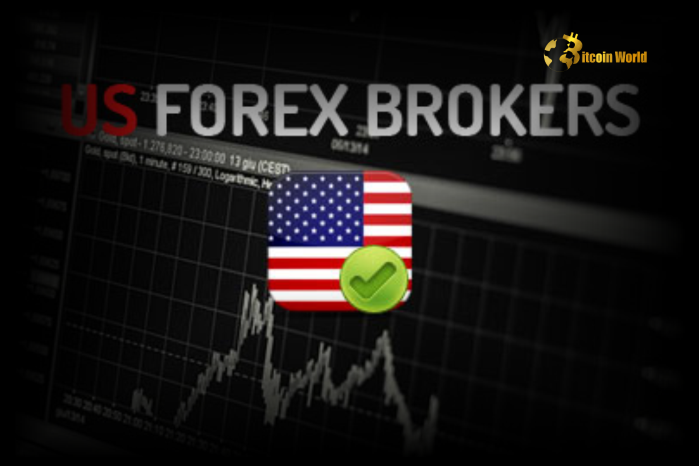A Beginner’s Guide to Forex Trading in America
A Beginner’s Guide to Forex Trading in America
Blog Article
How to Get Started with Forex Trading in the US
Foreign change, or Forex trading, pulls millions of individuals in the United States every year. Their sheer measurement and liquidity make it one of the very interesting markets globally. Nevertheless, trading forex us. takes a unique and rigid way of regulating Forex activities. If you are trying to deal currencies or simply just wish to know how legal frameworks form the Forex market, understanding these regulations is crucial.

Important Legitimate Frameworks Surrounding Forex in the US
Forex regulation in the United States stands apart because of its thorough chance controls and client protections. Two major government bodies oversee most Forex actions:
• Item Futures Trading Commission (CFTC)
• National Futures Association (NFA)
The CFTC, created in 1974, is tasked with regulating the futures and alternatives markets, international change included. The NFA, as a self-regulatory business, operates strongly with the CFTC to enforce rules and maintain equity in trading practices.
Registration and Submission
Every Forex seller or broker doing business with U.S. people must enroll with both CFTC and NFA. These entities may also be expected to stick to demanding operational criteria, including:
• Minimum net capital requirements (often more than in different countries)
• Continuous audits
• Strong anti-money laundering (AML) plans
• Transparent risk disclosure
Violations can lead to substantial fines or a permanent bar from the market. That regulatory framework seeks to prevent scam, defend investors, and enhance market integrity.
Significant Limitations on Forex Actions
Foundational rights influence how Forex operates in the U.S.:
• Control limits: The NFA units a maximum influence of 50:1 for key currency sets and 20:1 for minors. This really is much less than several worldwide areas, supporting defend new traders from significant losses.
• Segregation of funds: U.S. legislation involves that customer funds are kept split from broker functional funds. This calculate safeguards traders in the event a broker becomes insolvent.
• Marketing and disclosure: Firms should clearly describe risks, charges, and trading elements to clients. Misleading or hostile solicitation techniques face strict penalties.
Enforcement and Penalties
U.S. agencies frequently check for fraudulent systems, insider trading, and illicit industry manipulation. Statistical data from enforcement studies shows a steady design of penalties and settlements recently, displaying continuing vigilance. This environment, while stricter than many parts of the entire world, creates a better playing field for retail and institutional traders alike.
Things to Consider as a US Forex Trader
Recent tendencies reveal a continuous increase in regulatory actions, a focus on customer training, and continuous improvements to conformity requirements. If you plan to trade Forex in the U.S., it's important to:
• Validate a broker's productive subscription position
• Remain current with regulatory changes
• Evaluation chance disclosures before generally making trades
This process diminishes unforeseen deficits and increases your prospects in a firmly governed but sturdy marketplace. By understanding legitimate regulations, U.S. traders can confidently take part in the Forex industry while keeping within the parameters of the law.
Report this page